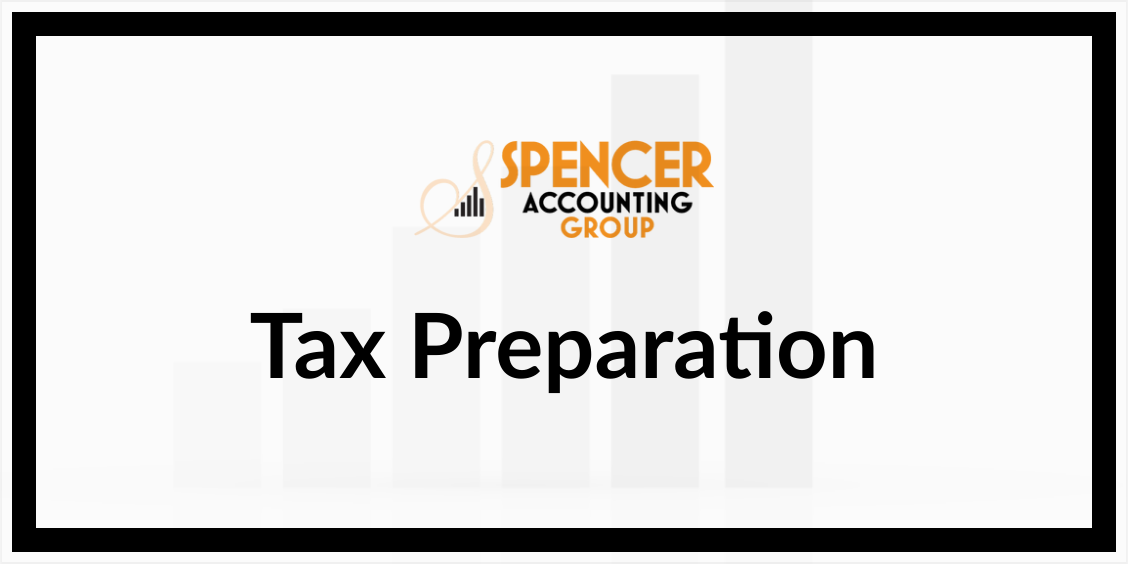|
The simple maneuver of converting your personal residence to a rental property brings with it many tax rules, mostly good when you know how they work. The first question that arises when you convert a personal residence into a rental is how to determine the property’s tax basis for depreciation purposes during the rental period and for gain/loss purposes when you eventually sell. Weirdly enough, two different basis rules apply:
Once you’ve converted a former personal residence into a rental, you must follow the tax rules for landlords. Here is a quick summary of the most important things to know:
If your rental property throws off a tax loss, things can get complicated. The so-called passive activity loss (PAL) rules will usually apply. In general, the PAL rules allow you to deduct passive losses only to the extent you have passive income from other sources, such as positive income from other rental properties or gains from selling them.
Eventually your rental property should start throwing off positive taxable income instead of losses because escalating rents will surpass your deductible expenses. Of course, you must pay income taxes on those profits. But if you piled up suspended passive losses in earlier years, you now get to use them to offset your passive profits. Another nice thing: positive taxable income from rental real estate is not hit with the dreaded self-employment (SE) tax, which applies to most other unincorporated profit-making ventures. The SE tax rate can be up to 15.3 percent, so it’s a wonderful thing when you don’t have to pay it. One other good thing is that your net rental profits may qualify for the Section 199A deduction. When you sell a rental property that you’ve owned for more than one year, the profit (the difference between the net sales proceeds and the tax basis of the property after subtracting depreciation deductions during the rental period) is generally treated as a long-term capital gain. Always keep in mind the good news here. You don’t pay the taxes on the property appreciation until you sell. Remember those suspended passive losses we mentioned above? The suspended losses are ordinary losses. When you sell a rental, you can find two great benefits:
And always keep this in mind: rental real estate owners can avoid taxes indefinitely using Section 1031 exchanges (named after the applicable section of our beloved Internal Revenue Code). The tax code totally mislabeled the 1031 exchange. It’s absolutely not an exchange or a swap. It works like this:
0 Comments
Leave a Reply. |
We're Here to HelpGet advice from our experienced network of financial managers. If you Value our Blog, We have an ask.We spend hours researching data to help you understand your finances and taxes, including historical context, issues, and solutions. Our goal is to empower people to improve their relationship with money. Please consider a $3 donation today. Important Disclosures
Spencer Accounting Group, LLC does not provide investment, tax, legal, or retirement advice or recommendations in these blogs. The information presented here is not specific to any individual's personal circumstances. AuthorKeana Spencer is an Accountant, Entrepreneur, and Educator to her clients, with a strong passion. Keana has over 10 years of experience and through her practice, she is a source of knowledge and strategies to her clients. |


 RSS Feed
RSS Feed




